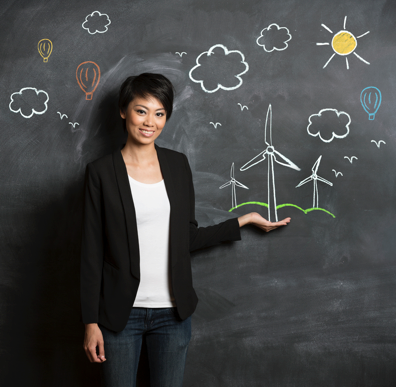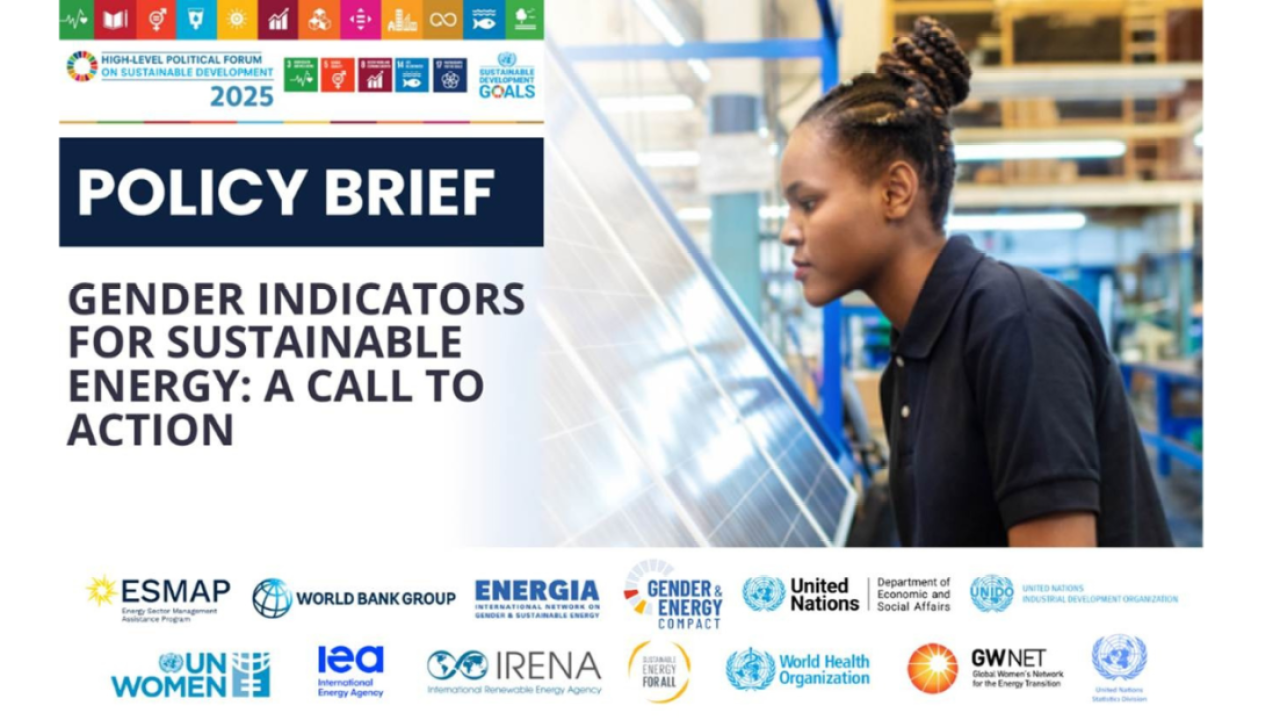The new Paris Agreement sends a strong message to the world to move towards implementation and achieve effective mitigation actions. With energy production and consumption accounting for two-thirds of global greenhouse gas emissions, it’s clear that this mitigation would require an increase in renewable energy investments. Moreover, the international community also agreed to double the percentage of renewable energy worldwide as one of the commitments under the Sustainable Development Goals. The transition to low carbon energy systems requires significant investments in capital stocks and infrastructure over the next 10-15 years. Bringing a diversity of perspectives to the investment decision process, including women and men, is important to ensuring the energy pathways finance reflect the priorities and vision of society as a whole.
Register for the webinar here: https://attendee.gotowebinar.com/register/9010260667646329611
This webinar will explore the gender perspectives of renewable energy financing and understand where the potential is to influence financial flows for renewable energy in ways that empower women, as well as men, to be part of a clean energy future, and will explore what difference having women at the table could make in designing that future.
The webinar will be moderated by Andrea Athanas, IUCN GGO, and will include the following speakers and topics:
Renewable energy financing
Christine Gruning, UNEP Frankfurt School
Women and finance
Liane Schalatek, Heinrich Böll Foundation North America
Approaches that bring the two worlds together
Inka Ivette Schomer, Africa Renewable Energy Access Program, World Bank
The Gender Equality for Climate Change Opportunities (GECCO) initiative is a five-year program launched by USAID and IUCN’s Global Gender Office in 2014. GECCO’s overall goal is to leverage advancements in women’s empowerment and gender equality through, and for, the benefit of climate change and development outcomes. Through its series of webinars, GECCO aims at increasing knowledge and sensitization of key stakeholders in the energy and mitigation sectors as a means to advance women’s empowerment.







